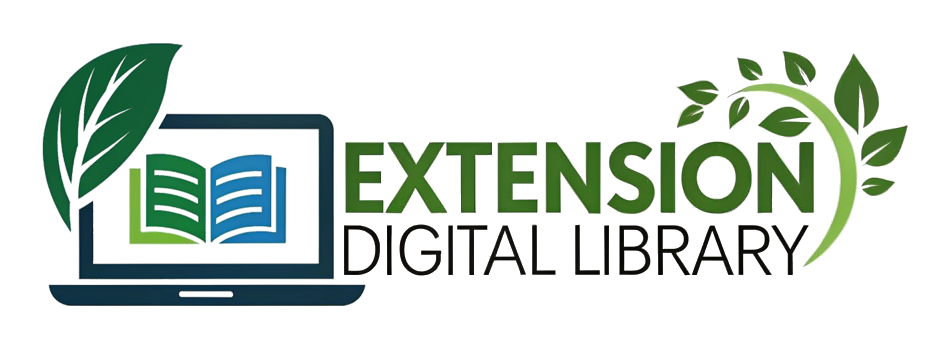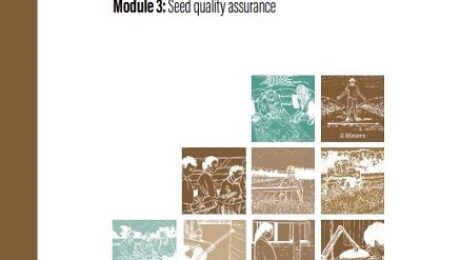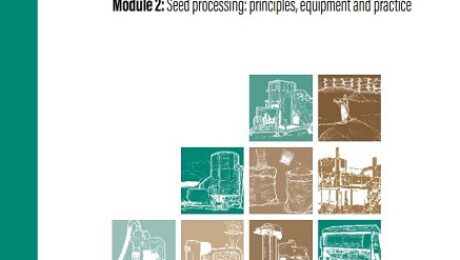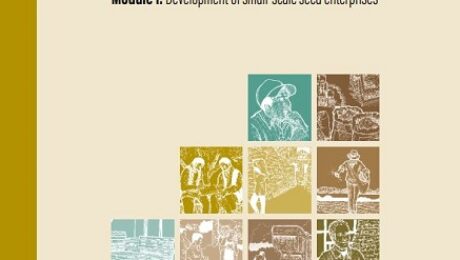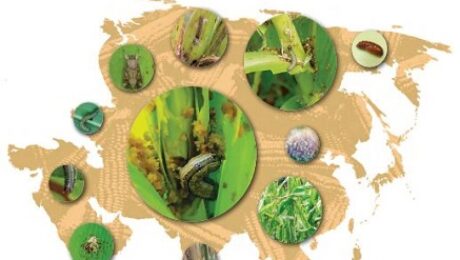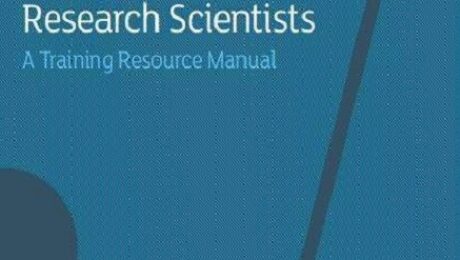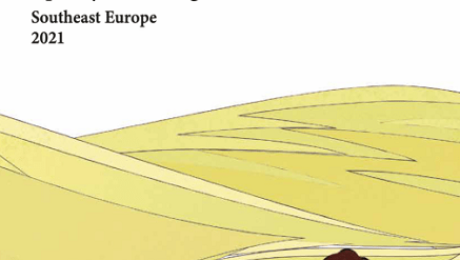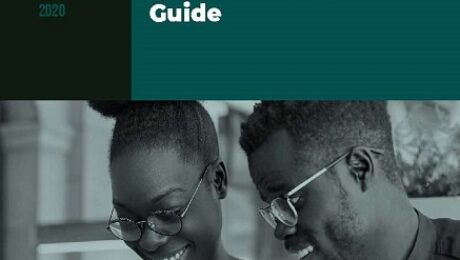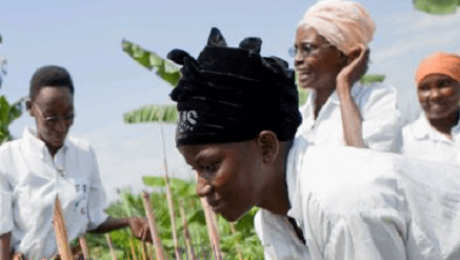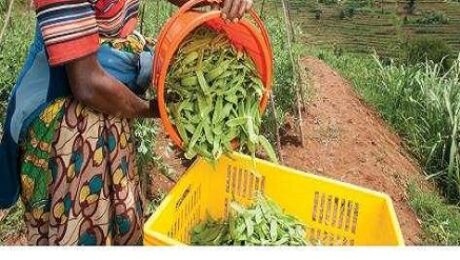Module 3: Seed quality assurance
This toolkit – made available in English, French and Spanish – will be promoted as practical guidance to assist in the implementation of the national seed strategies. It will provide a number of practical capacity building tools for essential stages of the seed value chain and targeted primarily at seed sector practitioners who will participate in special training workshops to acquire pertinent technical knowledge and will be expected in return to create a multiplier effect through further follow-up FFS trainings down to the level of seed traders and farmers. In doing so, the toolkit will be used as guidance for conducting country-led workshops and other training activities aimed at strengthening quality seed delivery systems and seed regulatory mechanisms in selected countries. The development of capacity in the production of high quality seeds, the seed replacement rates, true seed cost and realistic seed pricing mechanisms as well as the role of different stakeholders are of critical importance in the process of the formulation of national seed policies, which is one of the core areas of FAO’s delivery at the national level.
- Published in GUIDE/TOOLS/MANUALS
Module 2: Seed processing: principles, equipment and practice
This toolkit – made available in English, French and Spanish – will be promoted as practical guidance to assist in the implementation of the national seed strategies. It will provide a number of practical capacity building tools for essential stages of the seed value chain and targeted primarily at seed sector practitioners who will participate in special training workshops to acquire pertinent technical knowledge and will be expected in return to create a multiplier effect through further follow-up FFS trainings down to the level of seed traders and farmers. In doing so, the toolkit will be used as guidance for conducting country-led workshops and other training activities aimed at strengthening quality seed delivery systems and seed regulatory mechanisms in selected countries. The development of capacity in the production of high quality seeds, the seed replacement rates, true seed cost and realistic seed pricing mechanisms as well as the role of different stakeholders are of critical importance in the process of the formulation of national seed policies, which is one of the core areas of FAO’s delivery at the national level.
- Published in GUIDE/TOOLS/MANUALS
Module 1: Development of small-scale seed enterprises
This toolkit – made available in English, French and Spanish – will be promoted as practical guidance to assist in the implementation of the national seed strategies. It will provide a number of practical capacity building tools for essential stages of the seed value chain and targeted primarily at seed sector practitioners who will participate in special training workshops to acquire pertinent technical knowledge and will be expected in return to create a multiplier effect through further follow-up FFS trainings down to the level of seed traders and farmers. In doing so, the toolkit will be used as guidance for conducting country-led workshops and other training activities aimed at strengthening quality seed delivery systems and seed regulatory mechanisms in selected countries. The development of capacity in the production of high quality seeds, the seed replacement rates, true seed cost and realistic seed pricing mechanisms as well as the role of different stakeholders are of critical importance in the process of the formulation of national seed policies, which is one of the core areas of FAO’s delivery at the national level.
- Published in GUIDE/TOOLS/MANUALS
Fall armyworm in Asia: a guide for integrated pest management
This publication on Fall Armyworm in Asia: A Guide for Integrated Pest Management is intended as a comprehensive IPM-based technical guide that can be used as an up-to-date decision support tool for sustainable management of the pest, especially in the maize-based cropping systems in Asia. Development of a comprehensive IPM-based manual was identified as one of the high-priority interventions during the Stakeholders Consultation Workshop on Fall Armyworm Management in Asia, organized jointly by USAID, CIMMYT, ICRISAT, CGIAR Research Program on Maize (MAIZE), and CGIAR Research Program on Grain Legumes and Dryland Cereals (GLDC), at ICRISAT, Hyderabad, India (May 1-3, 2019).
CIMMYT, as the main implementing partner, sincerely acknowledges the funding support received from U.S. Agency for International Development (USAID), under the Feed the Future initiative, and from the CGIAR Research Program on Maize (MAIZE), to make this publication possible.
This publication is the result of contributions of experts from several institutions to whom we express our deep appreciation. While formulating various chapters in this manual, the authors considered relevant lessons from dealing with FAW in both Asia and Africa, recognizing on the one hand the inherent differences in the Asian and African farming contexts and landscapes, and on the other hand the possible commonalities when it comes to interventions against transboundary pests like FAW.
- Published in GUIDE/TOOLS/MANUALS
Scientific writing for agricultural research scientists: A training resource manual
This new, fully revised edition aims to serve as a guide for agricultural research scientists and other practitioners in writing papers for publication. It also looks to provide a resource manual for training courses in scientific writing. There are three new chapters on reporting statistical results, communicating science to non-scientific audiences and electronic publishing. In addition, the original chapters have all been rewritten to reflect current developments and to make the content more complete and easily comprehensible.
- Published in GUIDE/TOOLS/MANUALS
Guidelines on strengthening gender equality in land registration
The present Guidelines form part of a joint effort by the Food and Agriculture Organization of the United Nations (FAO) and the Deutsche Gesellschaft für internationale Zusammenarbeit (GIZ) to help countries achieve indicator 5.a.2 of Target 5.a in the 2030 Agenda for Sustainable Development adopted by the United Nations in 2015. Target 5.a is to “Undertake reforms to give women equal rights to economic resources, as well as access to ownership and control over land and other forms of property, financial services, inheritance, and natural resources in accordance with national laws” and is measured by two indicators:
Indicator 5.a.1: (a) Percentage of people with ownership or secure rights over agricultural land (out of total agricultural population), by sex; and (b) share of women among owners or rights-bearers of agricultural land, by type of tenure.
Indicator 5.a.2: Proportion of countries where the legal framework (including customary law) guarantees women’s equal rights to land ownership and/or control.
- Published in GENDER, GUIDE/TOOLS/MANUALS
TAAT Gender Mainstreaming Guide
Gender considerations are of utmost importance in agricultural technology development, dissemination and use, as these considerations confer good dividend to the overall impact of technology adoption. Hence, the Technologies for African Agricultural Transformation (TAAT) Project consider gender as very important component and demand that gender should be integrated through designing and implementing interventions, amongst others.
To this effect, Capacity Development Outreach Compact (CDTO) delivery infrastructure led by Forum for Agricultural Research in Africa (FARA) has included the African Women in Agricultural Research and Development, AWARD, to facilitate gender mainstreaming in all CDTO activities to support the mainstreaming of gender into the CDTO enabler compact of the TAAT. In partnership with AWARD, the CDTO compact enabler designed this gender mainstreaming guide to systematically incorporate consideration for gender-related dimensions and ensure equitable access to agricultural technologies.
As part of developing the gender mainstreaming guide, AWARD undertook a gender assessment targeting CDTO partners. The gender assessment weighed gender inclusion within organizational technical capacity, political will, organizational culture and accountability; this process included reviewing organizational policies, project documents, structures, operations and budget development.
- Published in GENDER, GUIDE/TOOLS/MANUALS
Developing capacities in agricultural innovation systems: scaling up the Tropical Agriculture Platform Framework
Impact evaluations can produce useful insights on how to design programs and policies that can increase women’s and girls’ empowerment and help us better understand the process of empowerment itself. Yet, it can be challenging to design a measurement strategy and to identify indicators that capture changes in empowerment, that are tailored to the local context, and that minimize reporting bias. Pulling insights from diverse disciplines and the experience of J-PAL affiliated researchers around the world, this guide offers practical tips for overcoming these challenges in impact evaluations. We emphasize the importance of conducting in-depth formative research to understand gender dynamics in the specific context before starting an evaluation, developing locally tailored indicators to complement internationally standardized ones, and reducing the potential for reporting bias in our instruments and data collection plan. We do not provide a single set of ready-to-go survey instruments; instead, we outline a process for developing indicators appropriate to each study along with extensive examples. In this way, we hope this guide can help provide researchers and practitioners the tools to select or develop their own indicators of empowerment that are right for their impact evaluations.
- Published in GUIDE/TOOLS/MANUALS
A practical guide to measuring women’s and girls’ empowerment in impact evaluations
Impact evaluations can produce useful insights on how to design programs and policies that can increase women’s and girls’ empowerment and help us better understand the process of empowerment itself. Yet, it can be challenging to design a measurement strategy and to identify indicators that capture changes in empowerment, that are tailored to the local context, and that minimize reporting bias. Pulling insights from diverse disciplines and the experience of J-PAL affiliated researchers around the world, this guide offers practical tips for overcoming these challenges in impact evaluations. We emphasize the importance of conducting in-depth formative research to understand gender dynamics in the specific context before starting an evaluation, developing locally tailored indicators to complement internationally standardized ones, and reducing the potential for reporting bias in our instruments and data collection plan. We do not provide a single set of ready-to-go survey instruments; instead, we outline a process for developing indicators appropriate to each study along with extensive examples. In this way, we hope this guide can help provide researchers and practitioners the tools to select or develop their own indicators of empowerment that are right for their impact evaluations.
- Published in GENDER, GUIDE/TOOLS/MANUALS
Key Questions in Biodiversity | A Study and Revision Guide
This guide lays out the importance of genetic resources to protect human needs, by explaining how they underpin our food and nutritional security while sustaining our environments. It also explains how the public and private sectors can work together to conserve and share the benefits of these critical resources for future generations.
- Published in GUIDE/TOOLS/MANUALS
